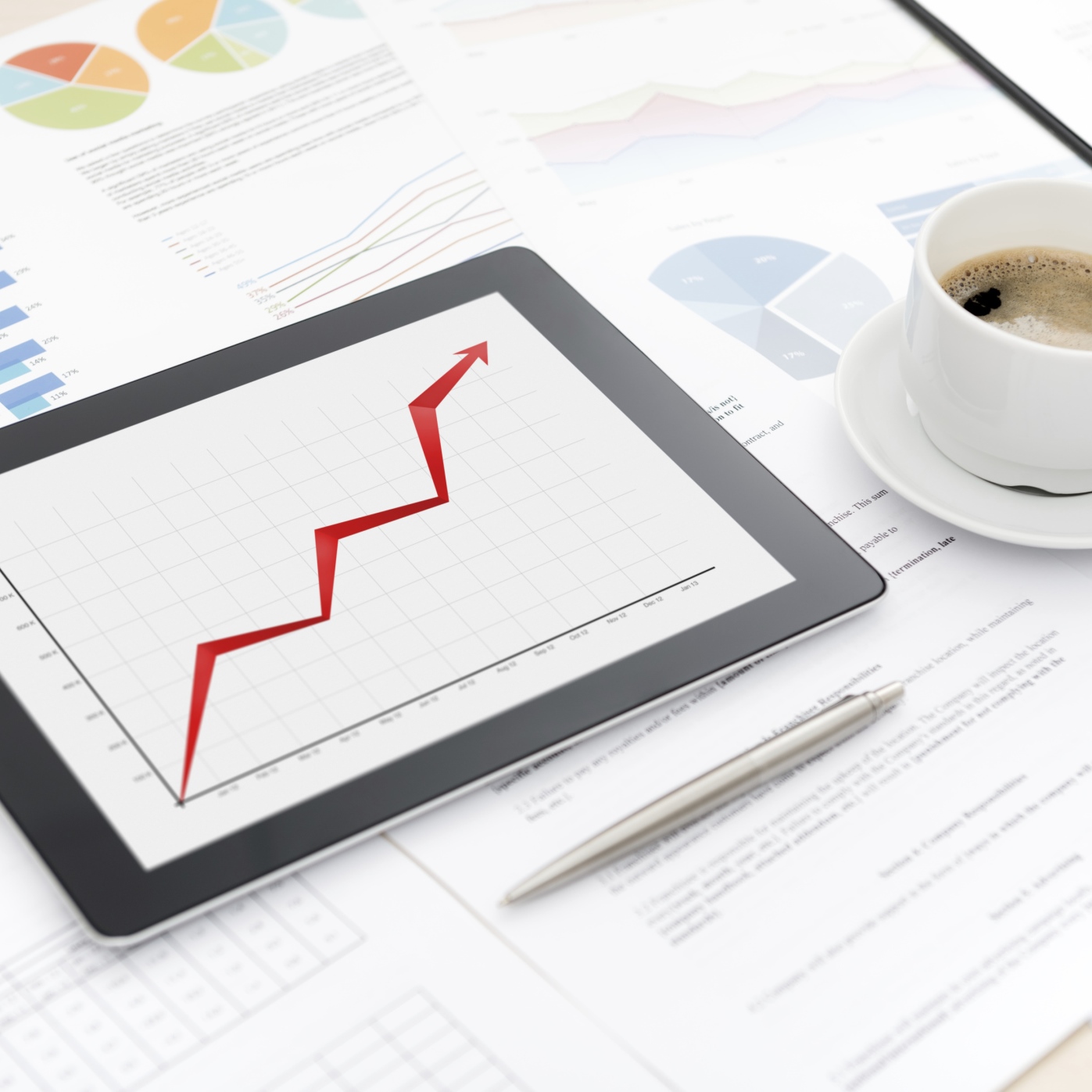
When Kinder Morgan Inc. (NYSE: KMI) slashed its annual dividend by 75% late last year, the sky fell on the stock price. The stock dropped nearly 70% by mid-January.
Shares came back beginning in February and the year-to-date performance of Kinder Morgan stock shows a gain of nearly 25%. Warren Buffett, or one of his fund managers at Berkshire Hathaway Inc. (NYSE: BRK-A), must have seen that coming because Berkshire acquired 26.5 million shares in December of last year at a price somewhere below $15 a share.
When we covered Berkshire’s acquisition of Kinder Morgan stock rather than that of, say, Enterprise Products Partners LP (NYSE: EPD), our take was that added the complexity of a master limited partnership (MLP) to Berkshire’s already complex structure may have figured into Berkshire’s decision.
Berkshire’s purchase price for its stake in Kinder Morgan was less than $400 million, barely 1% of Berkshire’s market cap, so it was not a huge risk.
It may be even a smaller risk now. Kinder Morgan stock’s forward price-to-earnings (P/E) ratio is a heady 23.76, compared with Enterprise’s more modest 19.56 P/E ratio. And while it’s true the Kinder Morgan’s first-quarter earnings per share (EPS) of three cents are far behind Enterprise’s EPS of $1.26, Kinder Morgan’s operating margin for the trailing 12 months is nearly 29% compared about 13% for Enterprise.
Kinder Morgan is also a cash machine. It’s operating cash flow in the past year is $5.1 billion, more than 20% greater than Enterprise’s. Kinder Morgan also trades closer to its first-quarter book value per share ($15.78) than does Enterprise ($10.28).
At Thursday’s closing price of $18.40 and a consensus price target of $20.79, Kinder Morgan’s implied gain is 13%.
Enterprise’s common units closed at $28.92 and the consensus price target on the stock is $32.58, for an implied gain of — wait for it — 12.66%.
For investors the big difference between the two huge energy infrastructure providers is their payouts to investors. Enterprise just raised its quarterly distribution to $0.40 per common unit for a dividend yield of around 5.5%. Kinder Morgan pays a quarterly dividend of $0.125 per share for a dividend yield of 2.73%.
If Kinder Morgan is a value play then it appears to be based on its price-to-book value ratio of 1.17. The same metric at Enterprise is 2.81.
One thing to keep in mind though is that Kinder Morgan is nearer the beginning of a turnaround than near the middle, and investors are going to have to adopt some of Buffett’s legendary patience.
It’s Your Money, Your Future—Own It (sponsor)
Retirement can be daunting, but it doesn’t need to be.
Imagine having an expert in your corner to help you with your financial goals. Someone to help you determine if you’re ahead, behind, or right on track. With SmartAsset, that’s not just a dream—it’s reality. This free tool connects you with pre-screened financial advisors who work in your best interests. It’s quick, it’s easy, so take the leap today and start planning smarter!
Don’t waste another minute; get started right here and help your retirement dreams become a retirement reality.
Thank you for reading! Have some feedback for us?
Contact the 24/7 Wall St. editorial team.




